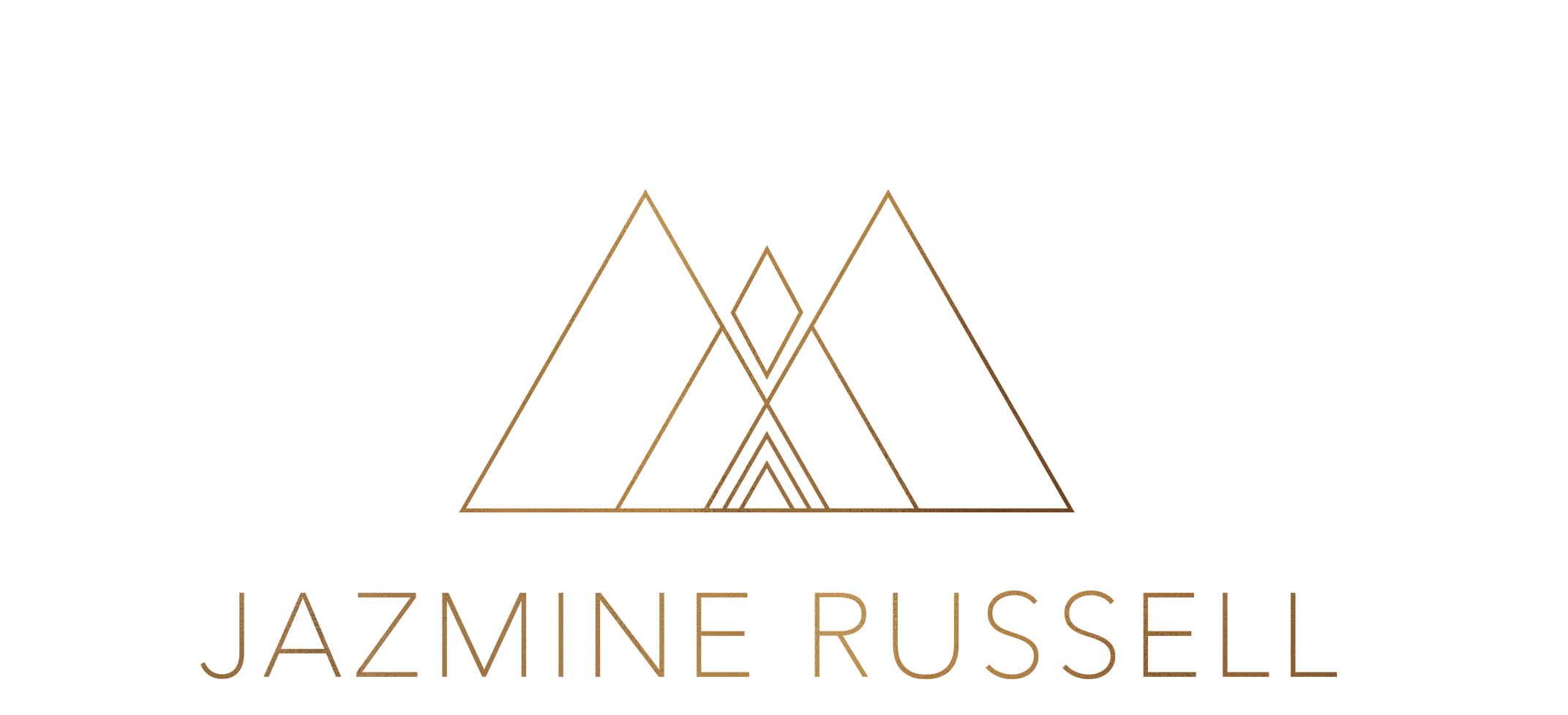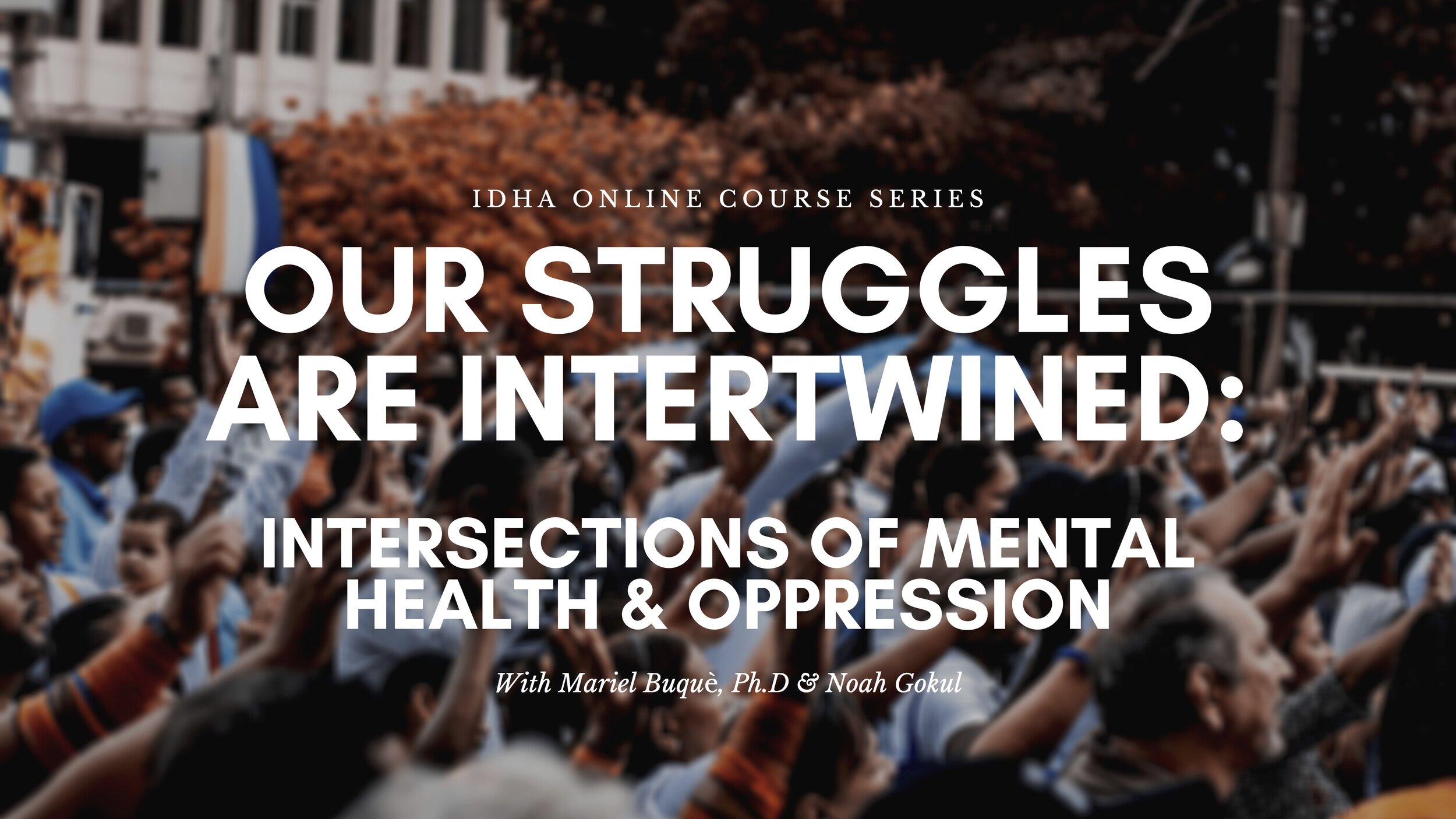Our Struggles Are Intertwined
“If you have come here to help me you are wasting your time, but if you have come because your liberation is bound up in mine, then let us work together.” - Lilla Watson
Anti-racist work is the most transformative work we could possibly do. Our healing and mental health practices are neither just nor sustainable until they directly address racism and white supremacy at its core. The violence of racism in our society right now is blatant, with the murders of George Floyd, Breonna Taylor, Ahmaud Arbery, and countless others before them. And while I'm endlessly inspired by the number of people taking to the streets, donating, allowing pain and anger and grief to drive us towards accountability and change, I'm also thinking of what we (especially white folks) will do in the long run.
What makes racism so insidious is that, in Scott Woods' words "white people see racism as conscious hate" when really "racism is a cultural disease", one that we are all responsible for erradicating. Yes, racism can show us as hate and explicit violence like we've seen most recently this past week, but it also shows up in much more covert ways, in each of our lives, our industries, and the systems we engage in.
In healing work and mental health specifically, racism is disguised often as "help" and "support", treatment that was built and designed by white men from an exclusively western medicine background that constantly marginalized, exploits, and controls Black and Brown bodies. Meanwhile, Black Americans consistently get more severe diagnoses and are institutionalized at a much higher rate than white folks. And with all of the discussion around trauma-informed care - racism, discrimination, and institutional and generational oppression are left out of the conversation or not legitimized as a very real traumatic experience.
As a nation of displaced people on colonized land, perpetuating a system that attempts to rob us of our humanity, we have all inherited trauma and have a lot of work to do. This is the time to hold complexity, to know at our core we are all united, to move with an open heart, shed our shame, keep the vision of a liberated future alive. Yet also as white folks, be willing to see and feel the realities of the violence happening right now and be willing to fight for that future. It is a privilege to educate ourselves and it's our responsibility.
Our mental health training institute that myself and other amazing folks have built over the last few years, The Institute for the Development of Human Arts (IDHA) has released a self-paced, online class we held live earlier this year called OUR STRUGGLES ARE INTERTWINED: INTERSECTIONS OF MENTAL HEALTH & OPPRESSION . We're inviting you to take it now if you're interested in the intersections of race and mental health as a provider, supporter, or advocate.
Taught By:
Dr. Mariel Buquè & Noah Gokul
What It's About
This course provides a historical analysis of how systems of oppression have impacted marginalized groups’ interactions with the mental health system. We begin by locating our identities and assumptions, then go on to contextualize the history of oppression and racism within the mental health system. We review a few of the ways that systemic oppression shows up in the system today, including the mental health disparities of BIPOC, the subjective nature of diagnosis, and oppression as an illness itself that is rarely seen as such. We close by invoking the peer movement as one place to seek liberation.
You'll Learn:
How to locate yourself within social and political contexts, to spur reflection and future action
The various, intersecting systems of oppression present in the United States
How psychiatry as a discipline has been historically deployed to marginalize and oppress people of color, especialy BIPOC
The influence of race and ethnicity on mental health diagnosis
The importance of an intersectional approach to making change in the mental health system
How the peer movement can support collective liberation
DONATE
100% of the proceeds from the Systems of Oppression training above (and 50% of all other IDHA trainings & DEPTH Course) is going to:
Loveland Foundation (raising money to offer access to therapy to women of color) and
Black Visions Collective (a Black, trans, and queer-led organization committed to dismantling systems of oppression and violence).
Other funds to donate to:
BIPOC EDUCATORS
Rachel Cargle - Unpacking White Feminism Lecture, Revolution Now & The Great Unlearn Community
BIPOC-LED NETWORKS & HEALERS
BOOKS
ARTICLES FOR WHITE FOLKS
White Privelage: Unpacking The Invisible Knapsack - Peggy McIntosh
Whiteness is Disembodiment : Notes on White Cultural Loss - Bear Hebert
Decolonizing mental health: The importance of an oppression-focused mental health system
PODCASTS
Irrisistable Podcast (formerly Healing Justice Podcast)
The Art of Allyship: Coming Alongside with Jacoby Ballard & Intention & Impact: Showing Up Right-Sized with Teo Drake, for discerning how to best show up in solidarity
Ancestral Connection for Anti-Racist White Folks with Jardana Peacock & Kelly Germaine, for white folks doing deeper work to show up meaningfully for anti-racism
Somatics and Social Change, Blackness & Belonging and Reflection on Belonging with Prentis Hemphill
With love and solidarity,
Jazmine


